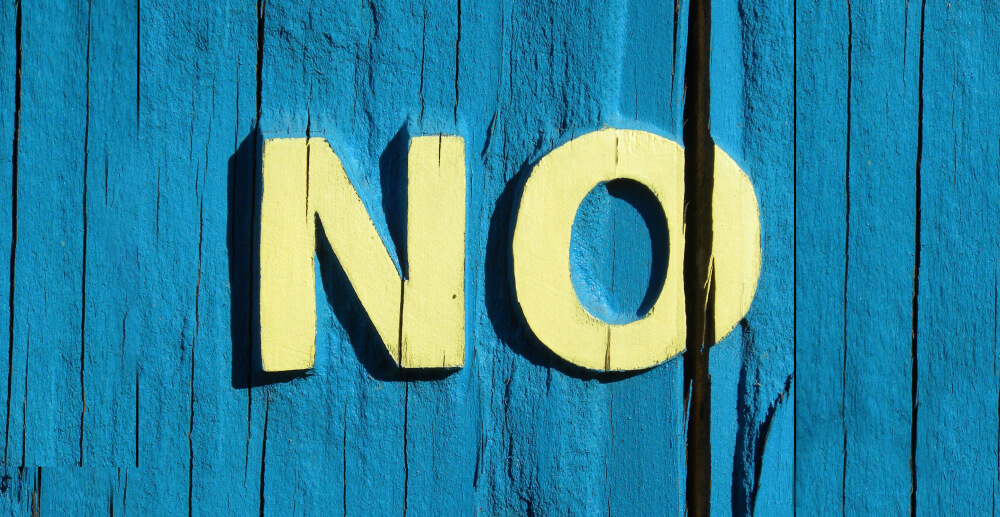There I sat, in prison for the third time, wondering, “What now?” I was 28 years old and had no idea what I was going to do with my life. I had a laundry list of convicted felonies, open warrants, at least another year or more of incarceration, all bridges burned, no connections, and no real experience—aside from all my seemingly horrible mistakes. All I had was a willingness and an open mind to try and stay in recovery.
What the heck is a peer support specialist?
One day I was on the phone with my best friend, who had gotten out a little before me. She was telling me about her new job, which was actually the place she went to when she was released from prison. She told me she was hired on after she graduated from the program, and she was getting ready to go get certified to be a peer support specialist.
I said, “What the heck is a peer support specialist?” It sounded like a telemarketer. She told me that a peer support is someone who uses their lived experience to relate to other people and to help them in their journey of recovery.
I said, “Hold on. You’re telling me there’s a job with an actual title that would let me use all the crap I’ve gone through to help somebody else not feel alone in all the crap they’re going through? That’s wild!”
For me as an addict, it was really hard for me to get sober because I didn’t understand how I would ever be satisfied and happy in life without drugs or alcohol. That was a huge hang-up for me. In prison, they didn’t have peer support—at least at the time. But they did have people who came in and spoke to us, most of whom had been in prison themselves.
Hearing from people who experienced addiction gave me hope
The talks from these people started with how we are alike, the mud they walked through—the harm they had caused or that had been done to them, the way it was—then they shared how they had changed and what the solution was. They finished with what it was like for them in the present—the smile, the joy and peace and light that came from them is what gave me hope. If I could relate to them and the dark places that they had been, and if they found a way to be satisfied without using drugs or alcohol or the crazy, chaotic lifestyle that comes with it … so could I.
This is in essence what peer support is. We have a unique position of being able to say, “Hey, I’ve done that, too,” or, “I’ve done all this crazy stuff.” Or, “I relate with that messed up thinking you’re having, that weird obsession with something that’s trying to kill you, I’ve trashed my life, I have been at the bottom, I have hurt others, and I have been hurt. BUT there is hope, and we do recover. I’m here to tell you that there’s a solution And it’s a good solution—not tolerable, not okay, not good enough, but absolutely beautiful and completely satisfying. It is a life with purpose.”
As people with addiction who have such strange desires and a weird knack for self-destruction, it can be hard for us to completely hang onto and run with the words of someone who hasn’t also experienced the same thoughts and feelings that we do. It’s hard for us to take advice from anyone at all, let alone someone who has never gone through what we have. We’re unsure if they can relate to where we’ve been, so we reject most of what they say (whether consciously or unconsciously), out of fear, shame, or just rebellion. That’s true for me, and I think that’s true for most people.
So there I had it. I was hooked. I had hope for a life that had meaning. I was starting to see the possible redemption in my story.
Working in peer support helped me find my purpose
I eventually got out of prison, and shortly afterward I started working for an inpatient rehab center. This just confirmed more of what I wanted to do. I went to classes took my certification and became a peer support specialist. I started to work with women coming out of prison, which is another great passion of mine. After that, I started working in community team-based care, which is so cool. On a team full of psychiatrists, case managers, vocation specialists, counselors, and therapists, our voices (peer specialists) are the ones that speak for the members because we have the most in common with them.
I now work for Workit Health, and I love getting to know so many others just like me all around the country! I always leave any group session or medical appointment feeling better than when I came in, simply because I have been in the (virtual) room with others like me, talking about recovery. For me, that is a spiritual experience! There is power when we come together and share our experiences, strengths, and hope. Peer support has added to my joy and purpose in life, and it has shown me that whatever I submit to God will be fully redeemed and used for a good purpose.
Who would’ve thought the deep, dark, rock bottom that I dug for myself would turn into a well that I can draw from to relate with others and help them to not feel alone? I’m still mind-blown that some of the things, namely my stays in prison, that I thought would hold me back, are now important points on my résumé. Ha!
Being a peer support is about meeting people where they are, and walking with them side by side while they too find the light that we now have. For me, it’s about wearing my struggles so others can also see it’s okay for them. We are strengthened when we are weak … but that can’t happen if our stories are kept in the dark. If I can do it, so can you.
You don’t have to follow my path to find your own purpose
Working in peer support is so rewarding for me, but it’s not for everyone. The main point of this article is to let you know that you do not have to have the title of “peer support specialist” or “peer recovery coach” to be of service or to use what you have gone through to help others. Peer support may be the perfect job for you, but if not, you can still find purpose in recovery in mutual support groups, at recovery meetings, with an organization, in a ministry, on the line at a factory, in the office as a CEO, or even passing by someone at the gas station.
You never know when you will be able to make someone feel seen and accepted just by recognizing yourself in them, relating with them, and showing them that they are not alone and the light is possible.







